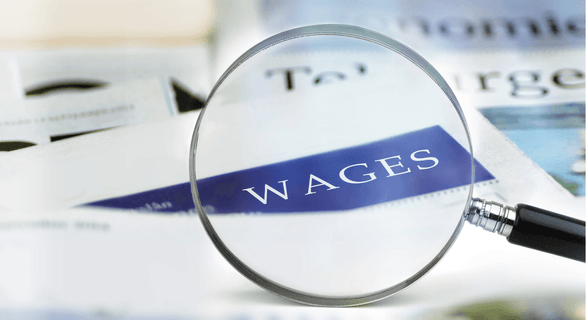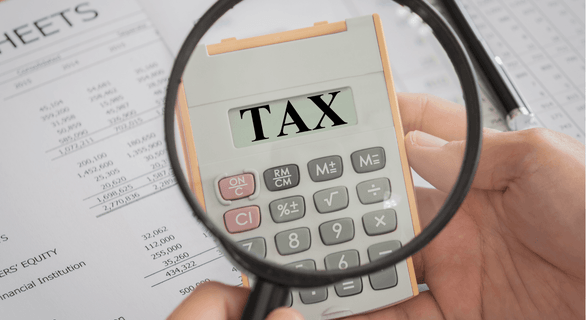
July 27, 2024
Advantageous R&D tax benefits in the Netherlands

Entrepreneurs engaging in Research & Development (R&D) activities, should consider establishing their operations in the Netherlands. The Netherlands offers several incentives that effectively reduce R&D costs, fueling entrepreneurship and fostering investments. These incentives, particularly the WBSO (Research and Development Promotion Act) and Innovation Box, play a crucial role in supporting innovative companies, enabling them to invest more and accelerate their development processes.
WBSO
The grant of the WBSO lowers the costs of employees performing R&D activities. The WBSO is applicable for two kinds of projects:
- Development of technically new (parts of) physical products, physical production processes, or software.
- Technical-scientific research (TWO).
To qualify for the WBSO, a business must at least meet the following general requirements:
- You develop a product, production process, or software yourself, or you carry out technical-scientific research (TWO);
- You are going to start or still work on your development or research. You can only apply for WBSO for future Research and Development (R&D) activities of yourself and/or your employees;
- Your innovation or research takes place within the European Union;
- You are not a public knowledge institution;
- Your company is subject to corporate tax, and you pay wage tax for your employees who carry out your development or research.
The fiscal advantage is a credit of the wage tax payable from the labor cost of the employees. In 2024, the R&D deduction is 32% for the first EUR 350,000 in labor costs. For the remaining R&D-related labor costs, the deduction is 16%. Start-ups enjoy a credit of 40% for the first EUR 350,000.
| Employment costs | Deduction rate 2023 | Deduction rate 2024 | Deduction rate starter 2023 | Deduction rate starter 2024 |
| Amount up to EUR 350.000 | 32% | 32% | 40% | 40% |
| Amount from EUR 350.000 and up | 16% | 16% | 16% | 16% |
Innovation Box
A WBSO grant may also provide access to the Innovation Box, offering a reduced effective tax rate of 9% (in 2023 & 2024) compared to the standard Corporate Income Tax rate of 25.8% on profits derived from self-developed intangible assets or intellectual property (IP). The Netherlands distinguishes between small and larger taxpayers to assess whether the taxpayer has a qualifying IP asset. While smaller taxpayers only need a WBSO grant to qualify, larger taxpayers also have to relate to at least one of the below requirements:
- The IP Is covered by a patent (or an application has been filed);
- A plant variety right has been granted (or an application has been filed);
- The IP is a biological plant protection product;
- The IP concerns software;
- The IP is a marketing authorization for a medicinal product;
- An application for utility models has been granted (or has been filed); or
- A supplemental protection certificate has been issued (or has been filed).
Our experienced Tax team specializes in assisting international companies with WBSO and Innovation Box applications, providing comprehensive support in assessment, preparation, and submission. For inquiries or assistance, please do not hesitate to reach out to us.





